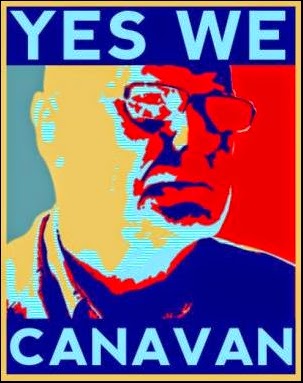LAOIDH NACH EIL DO LENIN (English below)
A Dhia-chailèideasgoip
beò-dhathan dian-loisgeach
uile-ghlòrmhorachd
na chaoir-bhuidealaich
solas dreòsach neo-bhàsmhor
a’ spreadhadh tro phriosm nan dùl
bogha-frois drìlseach na shìneadh
bho bhith-bhuantachd gu bith-bhuantachd
sàr-iomlanachd sheachd-fhillte
sìorraidheachd shruth-shoillseach
rinneadh na h-uile dhathan leat agus às
d’ aonais cha d’rinneadh aon dath a rinneadh
leatsa dathan a’ chosmais
na solais-bhliadhnachan gu lèir mar
phlathadh-seòid d’ fhàinne-lùdaig
leatsa dathan na talmhainn
Niagara a’ tàirneachadh san oidhche
is tuil-sholais oirre
driùchd drìlseach sa mhadainn
air chrith air lìon damhan-allaidh
leatsa dathan an dannsa
fir-chlis is stròb-sholais
leatsa dathan a’ ghaoil
coinfèati air sìoda geal
leatsa dathan a’ ghàire
cleasan-teine is sùilean-cloinne
leatsa speictream na beatha
leatsa a-mhàin
‘s leinne an dubh-aigeann
ma dhùnas Tu do rosgan
_____________________
A HYMN WHICH IS NOT TO LENIN
kaleidoscope-God
conflagration of living colours
all-gloriousness
ablaze
incandescent immortal light
exploding through the elemental prism
effulgent rainbow spanning
from everlasting to everlasting
sevenfold absolute perfection
fluorescent infinitude
all colours were made by you
and without you was no colour made that was made
yours the colours of the cosmos
the sum-total of all light-years but
a jewel-gleam of your pinkie-ring
yours the colours of the earth
floodlit Niagara
thundering in the night
iridescent morning dewdrop
trembling on a web
yours the colours of dance
aurora borealis and strobe
yours the colours of love
confetti on white silk
yours the colours of laughter
high fireworks and children’s eyes
yours the spectrum of life
yours alone
and ours the abyss
should Your eyelids close
_________________














